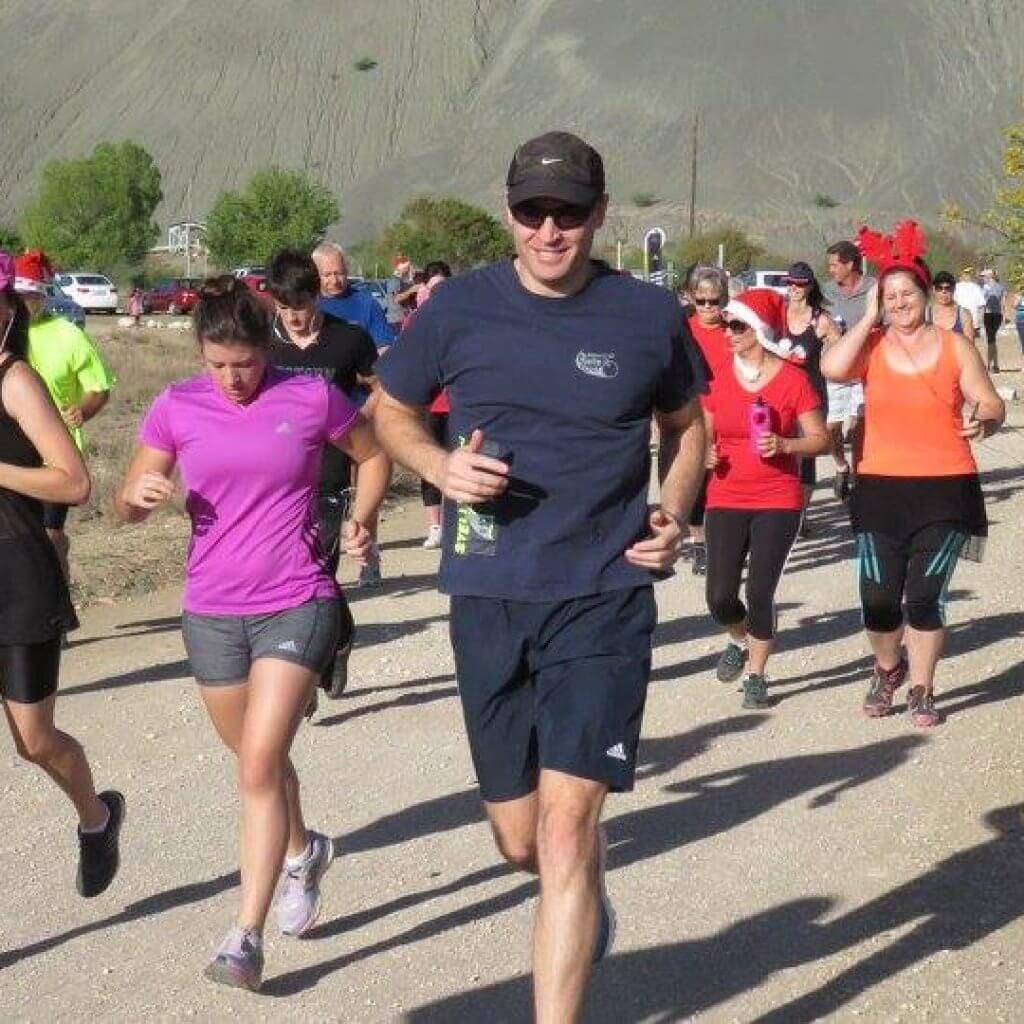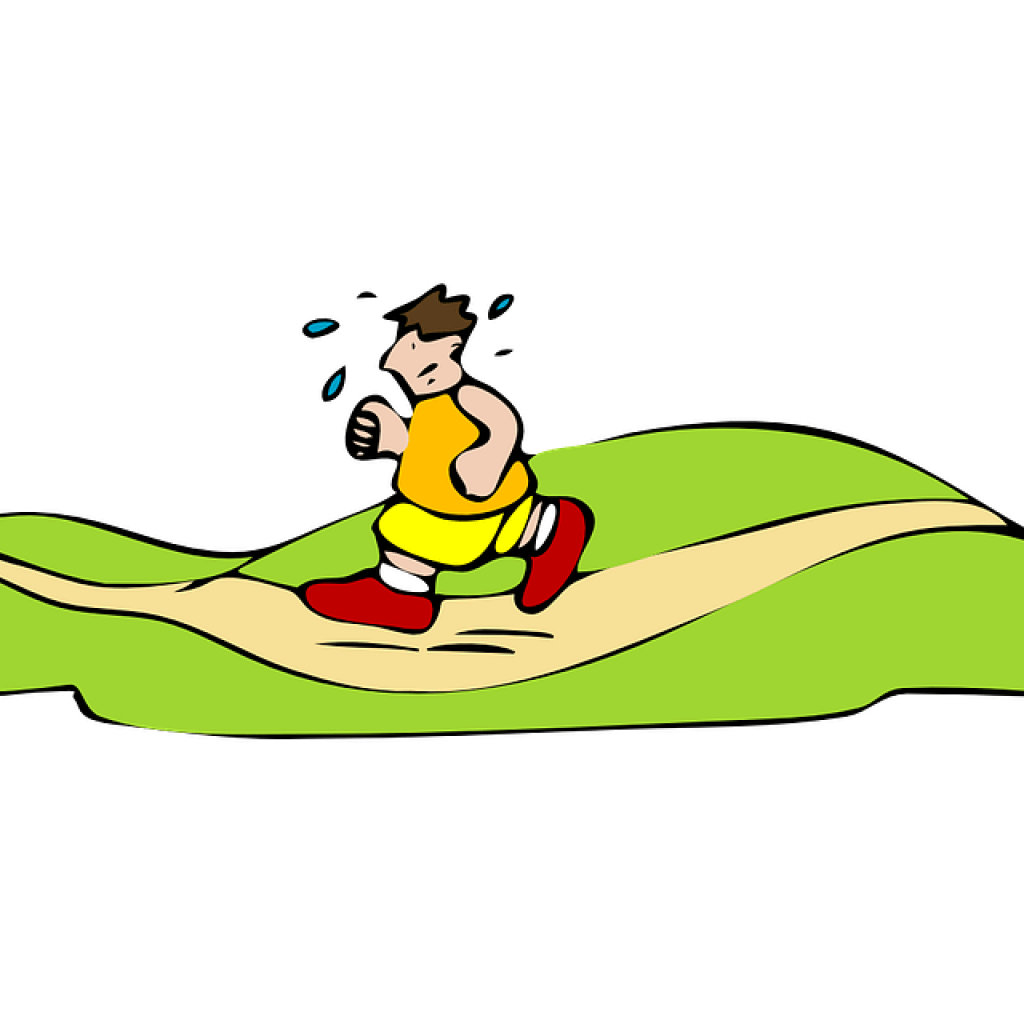The Science Behind How parkrun Is Changing Lives

What started out as a gathering of 13 runners at Bushy Park in the UK in 2004, has since exploded into a global phenomenon of note. With an army of more than 3 million registered parkrunners spread over 20 countries worldwide, parkrun has grown into one of the biggest, most influential running movements of our time. And while these statistics are nothing short of astounding, the recipe behind parkrun’s success remains surprisingly simple. It’s a free, timed 5K run or walk every Saturday of the year at more than 1,500 specific locations across the globe. That’s it.

And while thousands of committed parkrunners swear by the life-changing powers of the parkrun movement, little has been done to establish a scientific basis for these claims. Until now. With its 14th anniversary just around the corner, a steady stream of fresh scientific evidence is emerging to confirm what parkrunners have been believing all along. Yes, parkrun is changing lives in a positive way.
So if you, too, have been skeptical, here’s the latest on why exactly parkrunners may just be the happiest running tribe on earth.
parkrun is attractive to everyone
Priding itself on the principle of inclusivity, parkrun organizers and volunteers encourage runners and walkers of all ages and abilities to participate. And while the unfit and overweight often lack the courage to enter formal running events or join established running clubs, research shows that members of this demographic feel welcome and at ease at parkrun.
In a study published in the Journal of Public Health in 2014, researchers found that out of 7,308 adult parkrun participants, a whopping 25.3% classified themselves as non-runners at registration. In addition, 45.2% of the female non-runners and 33.2% of males were classified as being either overweight or obese. Which clearly shows that parkrun is successful in its drive to include and attract participants of all running abilities. The results of this study also showed that 60.9% of the total study sample was middle-aged and that 14.3% were older adults, indicating that different age groups are generally well-represented overall.
Regular participation in parkrun may lead to health benefits, weight control and improvement in aerobic fitness
And while these participation figures certainly are encouraging, it wouldn’t mean much if positive health impacts weren’t derived from parkrun participation, right? Which is why the following conclusions of the same study are especially promising: “Over half of all participants reported benefits for health, weight control, and psychological well-being, with these benefits consistently reported most frequently by those who attended most regularly”. And, as for the initial non-runners, this group recorded “the greatest improvements in objective measures of aerobic fitness”.

So if you’re a non-runner, or struggle with being overweight or obese, parkrun might just be the place to start your journey to better health. Not only will you be welcomed with open arms and encouraged along the way, but the chances are good that you’ll also improve your fitness and general health if you just keep at it.
The psychological benefits of participating in parkrun: Part I
But the benefits of parkrun don’t stop there. A 2014 study led by exercise- and sports psychology specialist, Mike Rogerson, found that parkrun participation can improve psychological well-being too. In this study, Rogerson and his team looked at the impact of parkrun participation on certain aspects of the psychological well-being of 331 parkrun participants. And the results are extremely encouraging. Participation in even a single parkrun event improved study participants’ self-esteem, on average, by 7.7% and overall mood by 14.2%, while it decreased their level of reported psychological stress by a significant 18.4%.

Even more encouraging is the fact that these improvements in mental well-being weren’t limited to the fast runners or runners who recorded good performances. It literally applied to everyone. Says Rogerson: “These results suggest that not only does parkrunning benefit your psychological well-being, but also that just like parkrun itself, the majority of these benefits are available and accessible to everyone — regardless of who you are, how fast you run, or which parkrun event you attend”. Which is certainly one more reason to lace up and head off to your nearest parkrun this Saturday.
The psychological benefits of participating in parkrun: Part II
And while Rogerson and his team’s study was relatively small, its findings were confirmed by a 2018 study by a team from the Glasgow Caledonian University. In the latter study, 8,000 parkrun participants were questioned on various aspects of health and well-being. And with happiness measured in terms of the Oxford Happiness Questionnaire, a whopping 89% of study participants indicated that parkrun participation made them happier. On average, study participants (representative of the greater parkrun community) also scored 4.4 for this questionnaire (with 1 = unhappy and 6 = extremely happy), with the general population only scoring an average of 4. Which confirms what runners have been believing all along: The running tribe is, in general, a happy tribe.
Co-author of the study, Dr. Emmanuelle Tulle, explains that “running gives you a feeling [that] you have achieved something and a sense of tremendous satisfaction. It adds to a general sense of wellbeing; you feel good and it boosts your self-confidence”.
Find your nearest parkrun and don’t forget your barcode
So if you’ve been in two minds about registering for parkrun and giving it a go, let this be the sign you’ve been waiting for. Complete your (free!) online registration, print off your barcode and simply show up. The chances are good that your life will never be the same again!
Sources
- , Health benefits of parkrun stretch well beyond the physical, Online publication
- , Exploring the public health potential of a mass community participation event, Scientific journal
- , Parkrun makes us fitter, but can it make us happier as well?, Online publication
- , A comparison of four typical green exercise environments and prediction of psychological health outcomes, Scientific journal
- , Regular running makes you a happier person, Online publication
Latest Articles
 Is Running on a Treadmill Easier Than Running Outside?Runners have their own preferences, whether it is treadmill running, running outside on the road, or exploring trails. So...
Is Running on a Treadmill Easier Than Running Outside?Runners have their own preferences, whether it is treadmill running, running outside on the road, or exploring trails. So... Is It OK to Use Trail Running Shoes on the Road?While trail running shoes can be used on roads, especially in situations where a runner encounters mixed terrains or pref...
Is It OK to Use Trail Running Shoes on the Road?While trail running shoes can be used on roads, especially in situations where a runner encounters mixed terrains or pref... How to Fix Sore Quads After Running?Rest, ice, gentle stretching, and over-the-counter pain relievers can help soothe sore quads after running. Also, ensure ...
How to Fix Sore Quads After Running?Rest, ice, gentle stretching, and over-the-counter pain relievers can help soothe sore quads after running. Also, ensure ... 10 Fruits With The Most Electrolytes to Replace Sports DrinksThese fruits are high in electrolytes such as potassium, magnesium, and calcium, essential for hydration, muscle function...
10 Fruits With The Most Electrolytes to Replace Sports DrinksThese fruits are high in electrolytes such as potassium, magnesium, and calcium, essential for hydration, muscle function...

